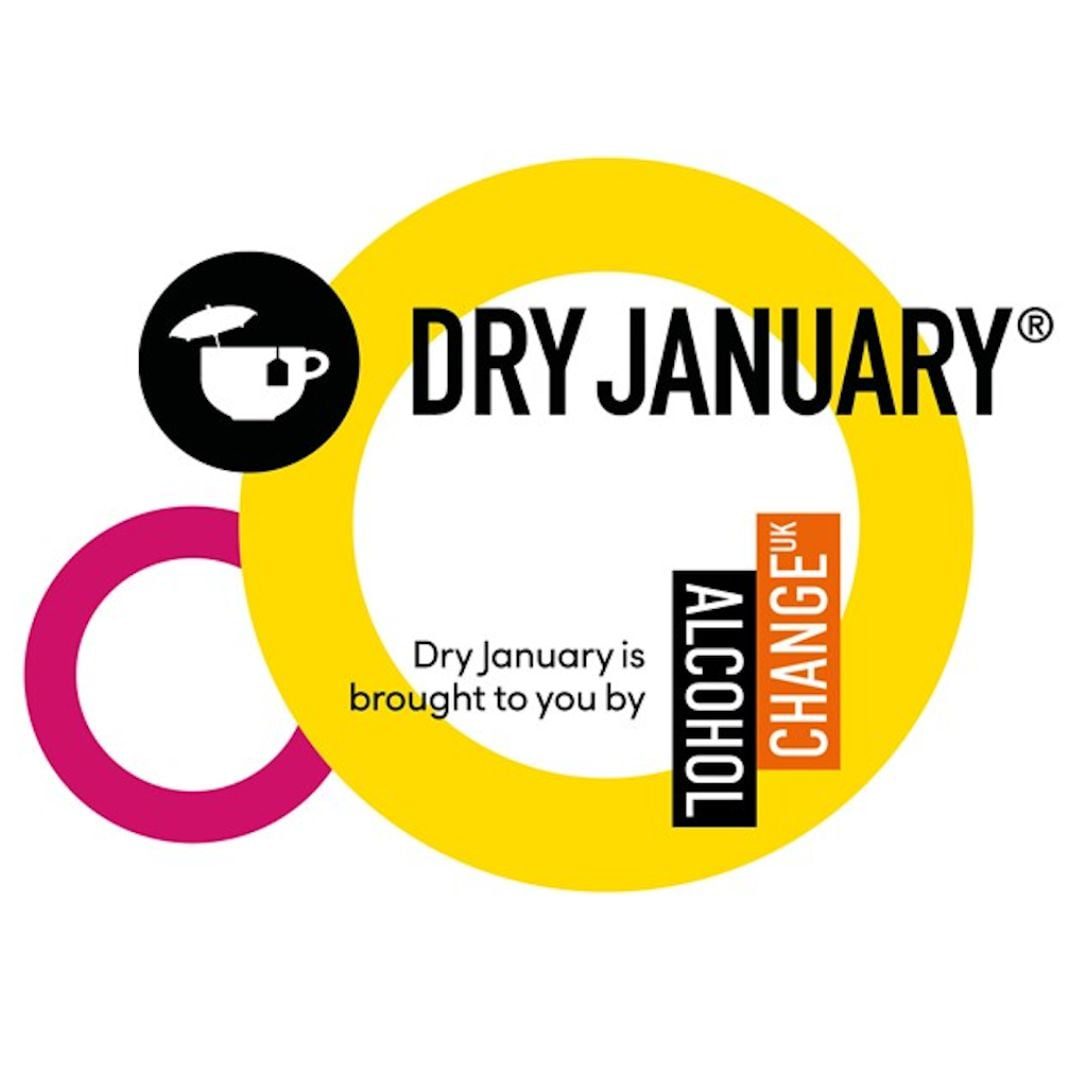
Discover the Benefits of Going Alcohol-Free this Dry January!
Posted on 17/01/23
Dry January is a popular challenge where people stop drinking alcohol for the whole month of January. It’s a great way to reset your relationship with alcohol and try a healthier lifestyle. While some view Dry January as a task, others may find it to be a rewarding experience.
Of course, Dry January is a personal challenge that you can be customized – it’s up to you how you set your boundaries.
Benefits of Abstaining from Alcohol
Dry January can have many unexpected benefits, both physical and mental. Abstaining from alcohol can help you lose weight, save money, improve your sleep, and reduce your risk of developing cancer.
As a student, you need to be careful with your health and sleep patterns! Alcohol can disrupt your sleep and lead to insomnia, fatigue, and daytime sleepiness. We live in London and alcohol can be expensive, so you can save hundreds of pounds this month – depending on how much you usually drink – of course!
Strategies to Stay Sober During Dry January
Staying sober during Dry January can be a challenge, especially in social situations. So here are some strategies to help you stay sober:
- Find a supportive group of friends who will help you stay on track.
- Avoid social situations that involve alcohol.
- Have a plan for how you’ll handle peer pressure.
- Find activities that don’t involve drinking, such as yoga or hiking.
- If you’re feeling tempted, take a break and go for a walk or do something else that doesn’t involve drinking.
- Celebrate your successes and reward yourself for staying sober.
- Seek support from a therapist or counsellor if needed.
- Use the Dry January App! Download on the Dry January website.
Alcohol in Moderation Definition
Alcohol in moderation is defined as “drinking no more than two drinks a day for men, and one drink a day for women”. This definition is based on studies that suggest that drinking more than this amount can increase your risk for several health issues, including some types of cancer.
Everyone is different, and what is considered moderate drinking for one person may not be considered moderate for another. Some people may be more sensitive to the effects of alcohol than others, etc.
When you quit drinking alcohol, you may experience some changes in your body and mind. Here are some of the most common changes that occur when you quit drinking:
- Your liver will begin to repair itself and you may start to feel more energized.
- Your skin may begin to look healthier and your complexion may improve.
- Your sleep patterns may improve and you may start to sleep better.
- Your mood may improve as you become more emotionally stable.
- You may start to lose weight as your metabolism improves.
- You may become more aware of your surroundings.
- You may start to feel more confident in your own decisions and life choices.
Dry January is an excellent way to reset your relationship with alcohol and jumpstart a healthier lifestyle. You can get more information about the challenge and alcohol consumption from Alcohol Change – the organisation where it all started!
If during the month you find that you need extra support, you can always count with us. Contact Fiona, our Head of Student Experience and Wellbeing at f.nouri@dghe.ac.uk.
Other News
Filter news
- Content
- Events
- News
- Students
- Uncategorized


